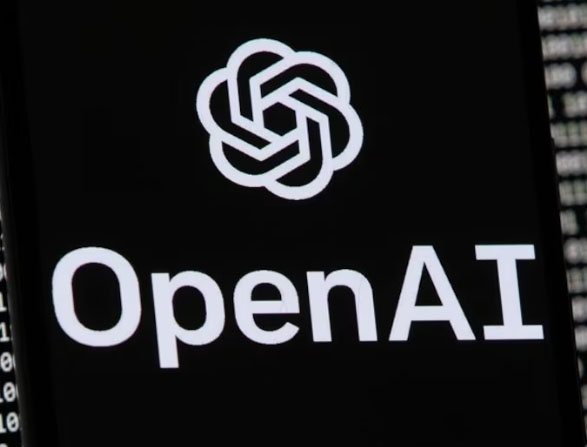News
As a mental health advocate, I have been closely following the recent developments with OpenAI’s ChatGPT platform… CEO Sam Altman’s announcement that they will be allowing mature content for verified adult users is both intriguing and concerning.
Altman emphasized the importance of treating adult users like adults, acknowledging the need for age-gating to provide more freedom while safeguarding against potential harm… The initial restrictive measures put in place to, protect users’ mental health were a commendable step but it’s vital to find a balance that prioritizes both safety and autonomy.
The idea of allowing erotica — and giving users more control over the chatbot’s tone and personality raises questions about the potential risks of enabling compulsive use or exposure to harmful content… While the intention seems to be to enhance user experience and personalization, there is a need for ongoing monitoring and evaluation — to prevent the platform from exacerbating mental health issues or promoting addictive behaviors.
It’s promising to hear that OpenAI has developed new tools to address mental health concerns and plans to relax restrictions thoughtfully..! Nonetheless, as someone who values mental well-being, I hope that they will continue to prioritize user safety and ethical considerations in their decision-making.
As technology evolves and offers more personalized and interactive experiences, it’s pivotal to remain vigilant about the, potential implications for mental health and addiction..! Organizations like OpenAI have a responsibility to uphold ethical standards and protect users, especially when introducing features that may heighten the risk of compulsive use or exposure to harmful content.
In an age where digital platforms play a substantive role in shaping our interactions and behaviors, it is imperative to approach these advancements with caution and a commitment to promoting psychological well-being.




